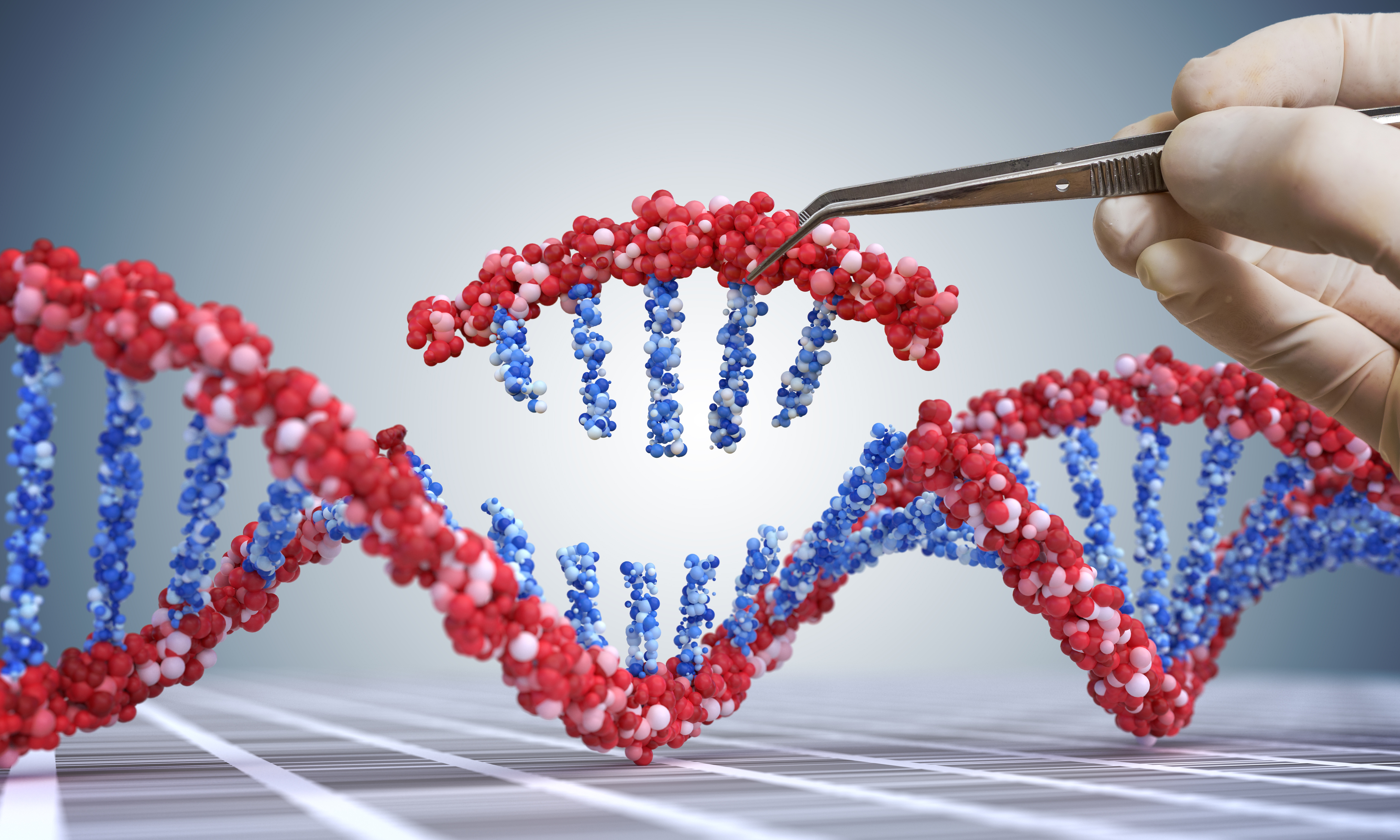China’s ethics guidelines – A new era for human genome editing?
By Joy Zhang,
BioNews
| 08. 12. 2024
What do China’s new ethical guidlines tell us about the country's changing attitude to human genome editing? Professor Joy Zhang reads between the lines...
Recently, China’s National Science and Technology Ethics Committee introduced a new set of ethics guidelines on human genome editing (see BioNews 1247). The guidelines are at least the fourth national level iteration of China's ban on human reproductive genome editing in recent years (following its updates on the Crime Law and Civil Code in 2020, and the ethical review measures in 2023).
It is also the first major publication of the national Ethics Committee since its administrative function was revoked in 2023. Instead of being an ‘advisory and coordinating organ’ (yishi xietiao jigou) of the State Council, it is currently categorised as an ‘academic expert committee’.
As someone who has been researching China's life science policies, I see the new guidelines as a clear indication that the Chinese government is poised to enter a new phase of supporting human genome editing research. But questions remain about whether the latest guidelines will prevent past...
Related Articles
By Steve Rose, The Guardian | 01.28.2026
Ed Zitron, EZPR.com; Experience Summit stage;
Web Summit 2024 via Wikipedia Commons licensed under CC by 2.0
If some time in an entirely possible future they come to make a movie about “how the AI bubble burst”, Ed Zitron will...
By Arthur Lazarus, MedPage Today | 01.23.2026
A growing body of contemporary research and reporting exposes how old ideas can find new life when repurposed within modern systems of medicine, technology, and public policy. Over the last decade, several trends have converged:
- The rise of polygenic scoring...
By Daphne O. Martschenko and Julia E. H. Brown, Hastings Bioethics Forum | 01.14.2026
There is growing concern that falling fertility rates will lead to economic and demographic catastrophe. The social and political movement known as pronatalism looks to combat depopulation by encouraging people to have as many children as possible. But not just...
By Josie Ensor, The Times | 12.09.2025
A fertility start-up that promises to screen embryos to give would-be parents their “best baby” has come under fire for a “misuse of science”.
Nucleus Genomics describes its mission as “IVF for genetic optimisation”, offering advanced embryo testing that allows...




